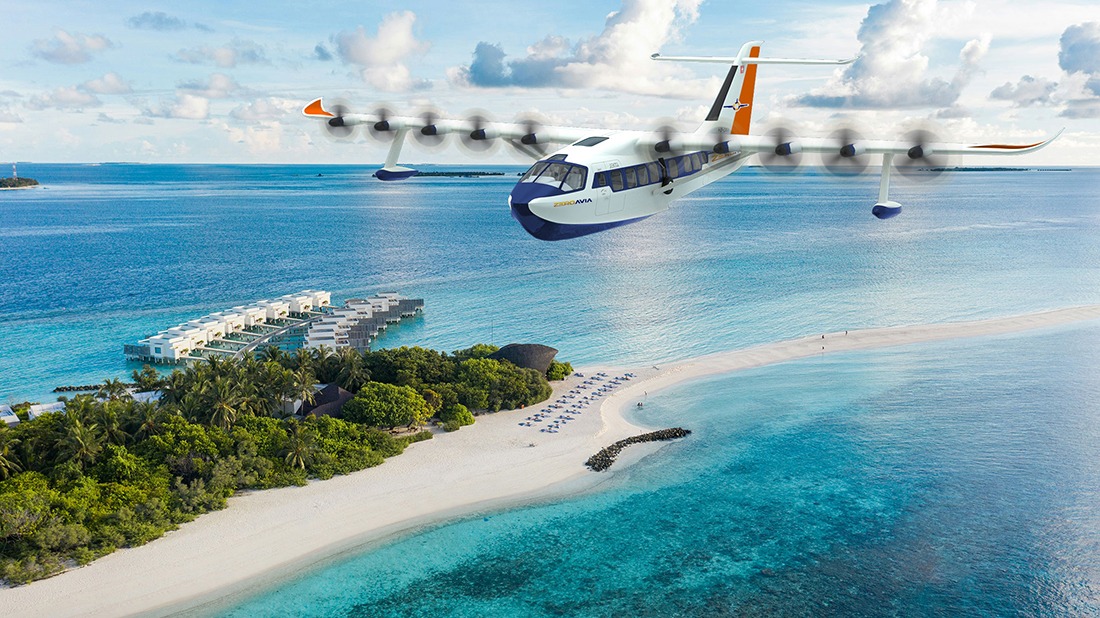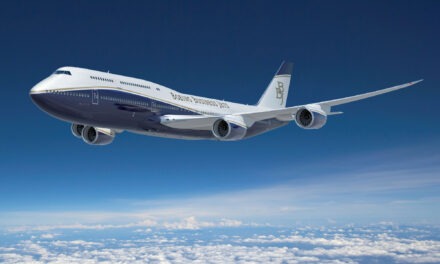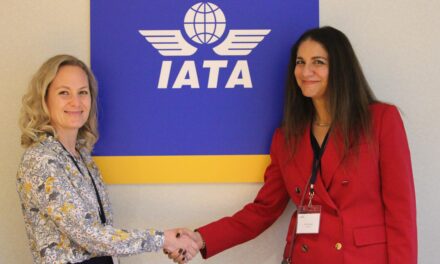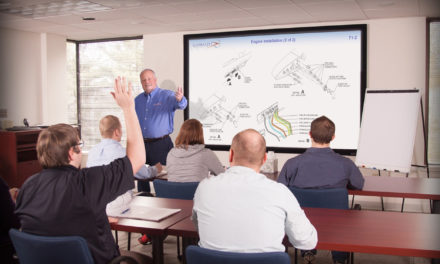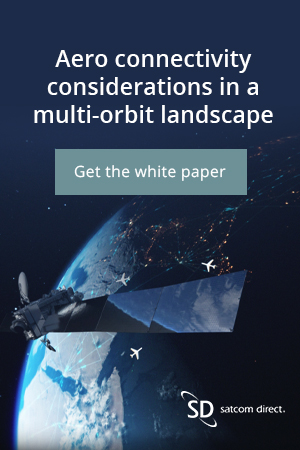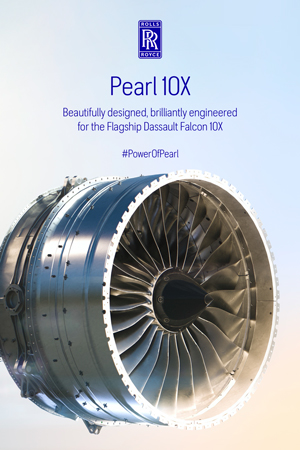JEKTA, the Switzerland-based developer of the zero-emissions PHA-ZE 100 amphibious aircraft has selected ZeroAvia’s fuel cell power generation system (PGS) technology to demonstrate the concept of a fuel cell variant of its electric amphibious flying boat. The system will be line-fitted as the PHA-ZE 100 hydrogen variant comes to market.
While battery technology continues evolving, JEKTA is committed to exploring all potential options that will increase the range and payload of the aircraft. Powered by ZeroAvia’s fuel cell PGS, it is anticipated the PHA-ZE 100 will achieve a range of up to 500km or 600km and increase the payload by up to one ton, adding even more capability to the airframe. Operating and maintenance costs can also be lowered with a hydrogen fuel system supporting a life of up to 20,000 hours. Through close cooperation, JEKTA and ZeroAvia will develop and certify an integrated PGS, including inverters, other electronic components, and a hydrogen tank and fuel system.
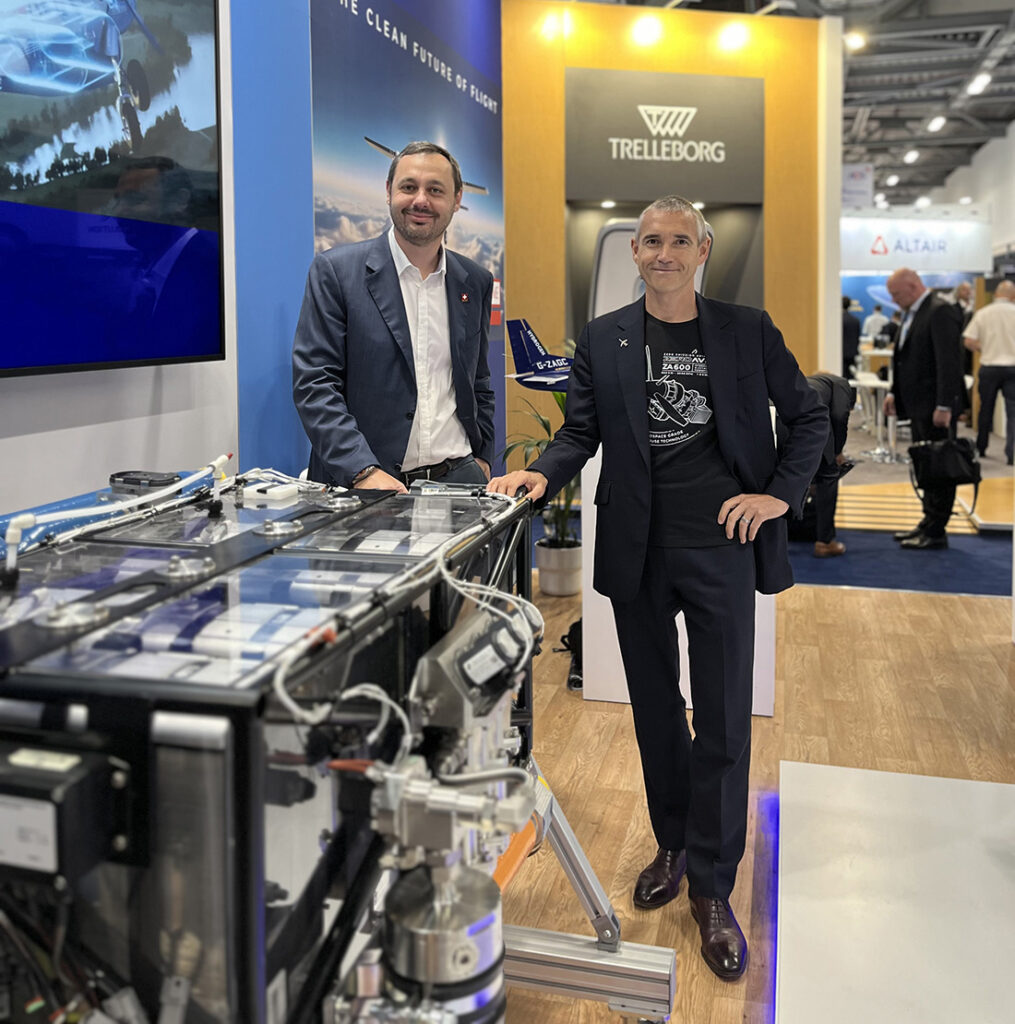
“By working with ZeroAvia and defining a suitable fuel cell system, we can offer our potential operator clients the choice of two fuel sources. The hydrogen system delivers a viable alternative to electric battery power that promises a significant increase in the range of our PHA-ZE 100, which will suit operators serving longer regional routes. In contrast, the battery power option will suit shorter-range missions and operators flying in locations where electric power is more cost-effective and accessible,” says George Alafinov, CEO of JEKTA Switzerland.
ZeroAvia is already flying a prototype of its entire hydrogen-electric powertrain (ZA600) in a 19-seat testbed aircraft. It has developed a range of flexible low-temperature proton exchange membrane (LTPEM) PGS solutions and novel high-temperature PEM (HTPEM) fuel cells for hydrogen-electric aerospace applications.

